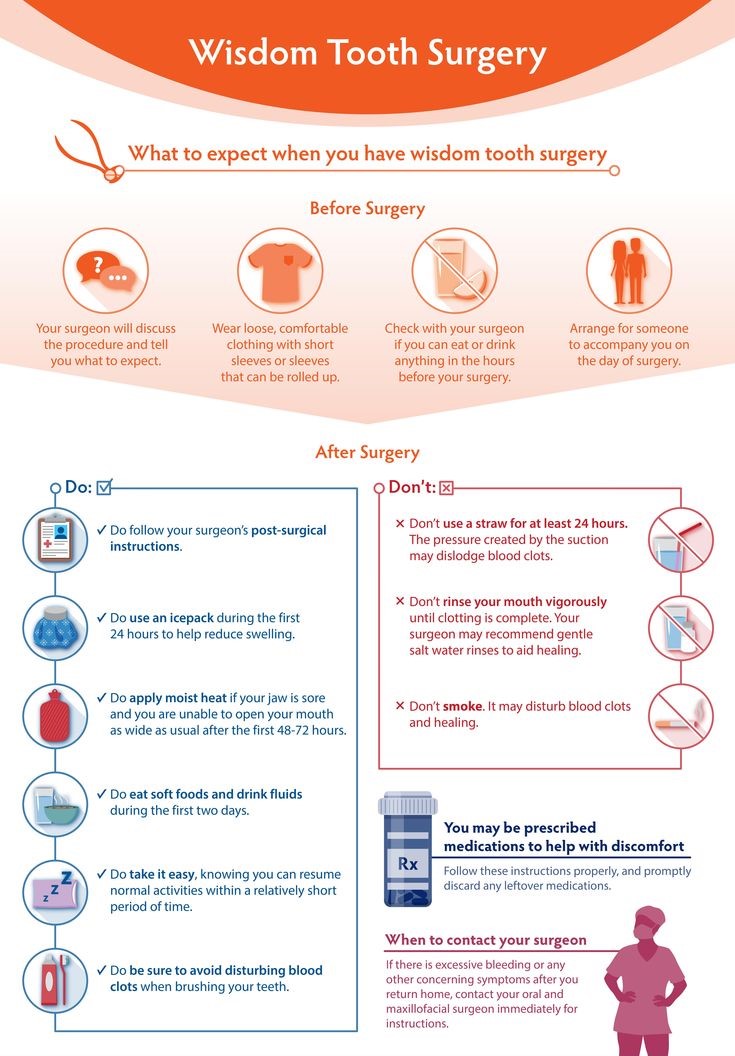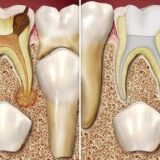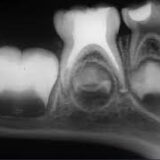
Outline
1.Introduction
2.Understanding Wisdom Tooth Pain
3.Consequences of Ignoring Wisdom Tooth Pain
4.Hidden Dangers of Delaying Treatment
5.Managing Wisdom Tooth Pain
6.Preventive Measures
7.Seeking Prompt Dental Care
8.Treatment Options
9.Patient Experiences
10.Conclusion
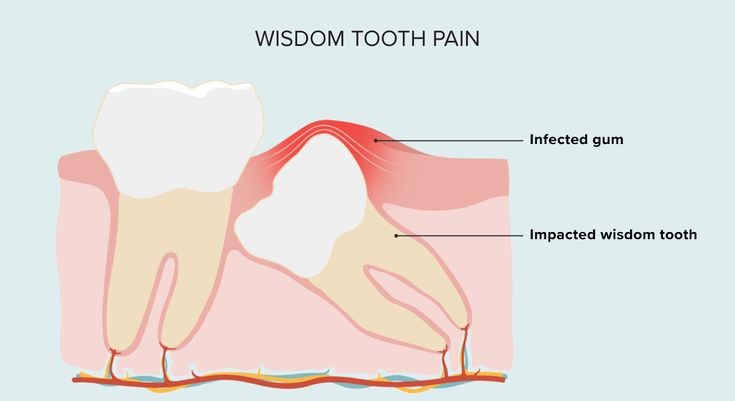
Have you been experiencing persistent discomfort or pain in the back of your mouth?
Ignoring wisdom tooth pain can lead to more than just inconvenience—it can pose serious risks to your dental health and overall well-being.
Let’s delve into the hidden dangers associated with neglecting wisdom tooth pain and why seeking timely treatment is crucial.
Introduction
Wisdom tooth pain often indicates underlying issues such as impaction, infection, or overcrowding.
While it may seem manageable at first, ignoring this discomfort can have severe consequences that extend beyond oral health.
Understanding Wisdom Tooth Pain
Wisdom tooth pain arises due to various factors, including improper eruption, impaction against neighboring teeth, or gum inflammation around partially erupted teeth.
Symptoms may include throbbing pain, swelling, bad taste, or difficulty opening the mouth.
Consequences of Ignoring Wisdom Tooth Pain

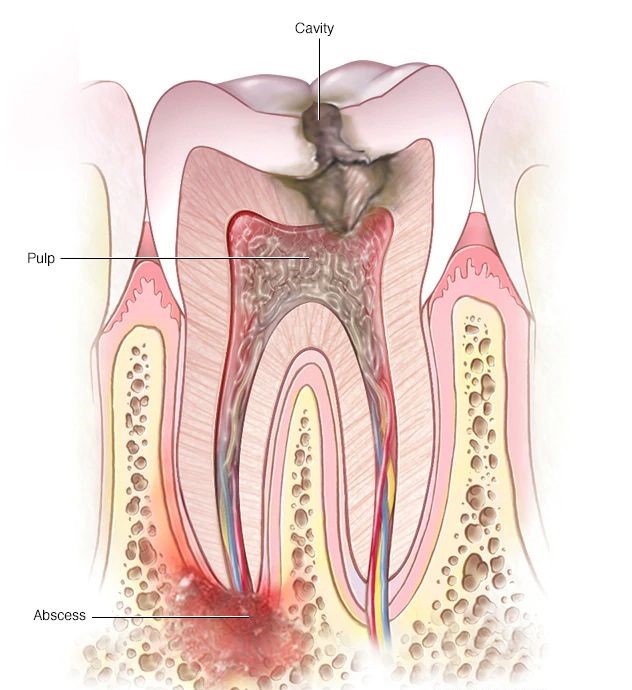
Delaying treatment can result in worsened dental conditions, such as gum disease, tooth decay, or abscess formation.
Untreated wisdom teeth can also cause damage to adjacent teeth and nerves, leading to more extensive and costly interventions.
Hidden Dangers of Delaying Treatment
The longer you ignore wisdom tooth pain, the greater the risk of complications.
Chronic inflammation from impacted wisdom teeth can spread to nearby tissues, increasing the likelihood of infections that may affect systemic health.
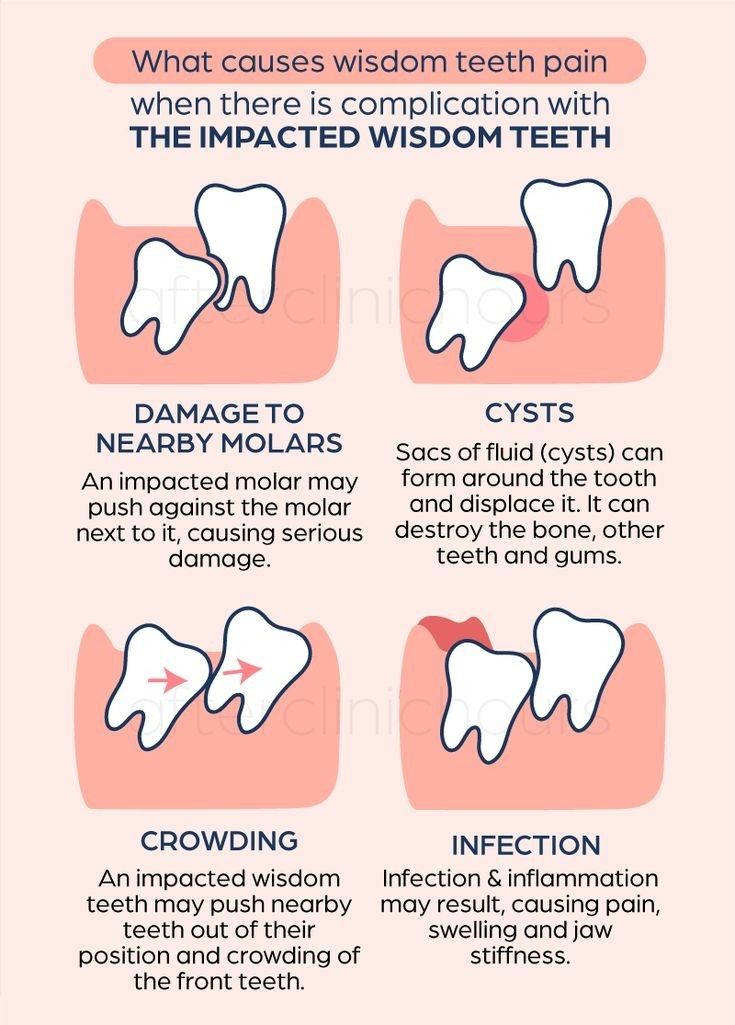
Managing Wisdom Tooth Pain
While over-the-counter pain relievers can provide temporary relief, they do not address the underlying cause.
Professional evaluation by a dentist is essential to diagnose the problem accurately and recommend appropriate treatment.
Preventive Measures
Regular dental check-ups enable early detection of wisdom tooth issues before they cause significant discomfort.
Practicing good oral hygiene, including brushing and flossing, helps prevent dental problems from developing.
Seeking Prompt Dental Care
Prompt intervention minimizes the risk of complications associated with wisdom tooth pain.
Dentists can offer tailored treatment options, including extraction or other procedures, to alleviate discomfort and preserve oral health.
Treatment Options
Depending on the severity and positioning of wisdom teeth, treatment options may include extraction, surgical removal of impacted teeth, or orthodontic interventions to create space in the dental arch.
Patient Experiences
Depending on the severity and positioning of wisdom teeth, treatment options may include extraction, surgical removal of impacted teeth, or orthodontic interventions to create space in the dental arch.

Conclusion
Ignoring wisdom tooth pain can have detrimental effects on oral and overall health.
By recognizing the hidden dangers and seeking timely dental care, you can prevent complications and maintain a healthy smile.
FAQs About Wisdom Tooth Pain
Can wisdom tooth pain go away on its own?
While pain may temporarily subside, underlying issues persist. It’s best to consult a dentist for proper evaluation.
What happens if I ignore wisdom tooth pain for too long?
Ignoring wisdom tooth pain can lead to infections, damage to neighboring teeth, and more complex dental procedures.
Is it safe to wait until wisdom tooth pain becomes unbearable?
Delaying treatment can worsen the condition and increase the risk of complications. Early intervention is advisable.
How can I manage wisdom tooth pain at home?
Rinse with saltwater, apply cold compresses, and take OTC pain relievers. However, these are temporary measures; consult a dentist for a definitive solution.
What should I expect during a wisdom tooth extraction?
Your dentist will explain the procedure and post-operative care instructions. Local anesthesia or sedation may be used for comfort.
